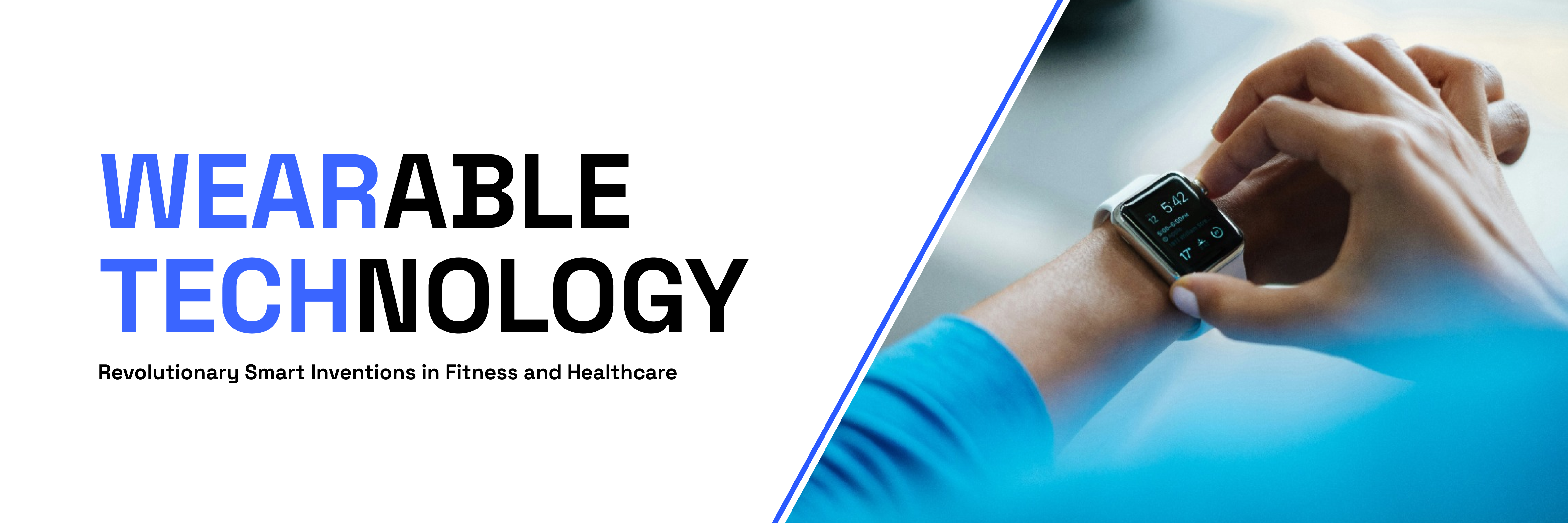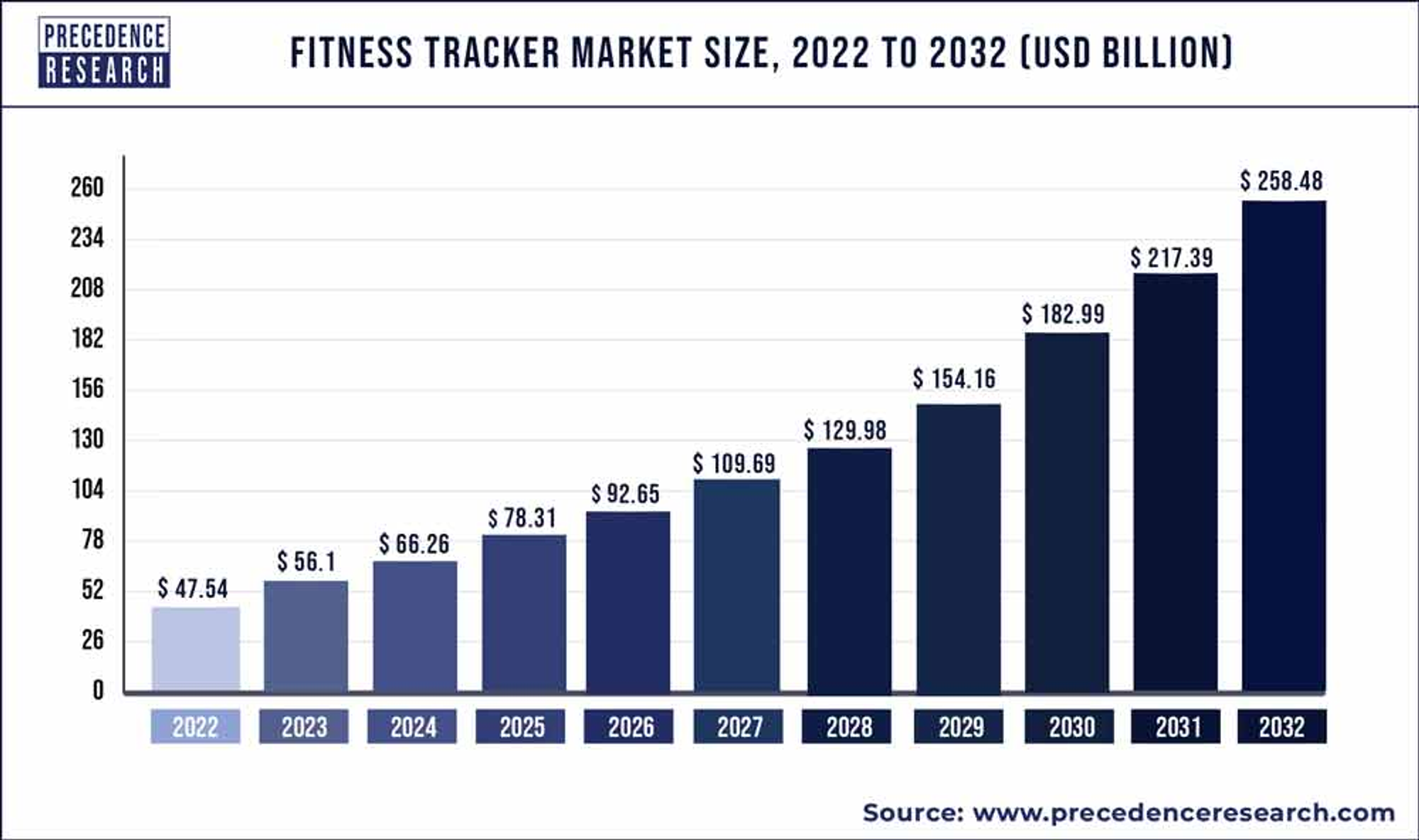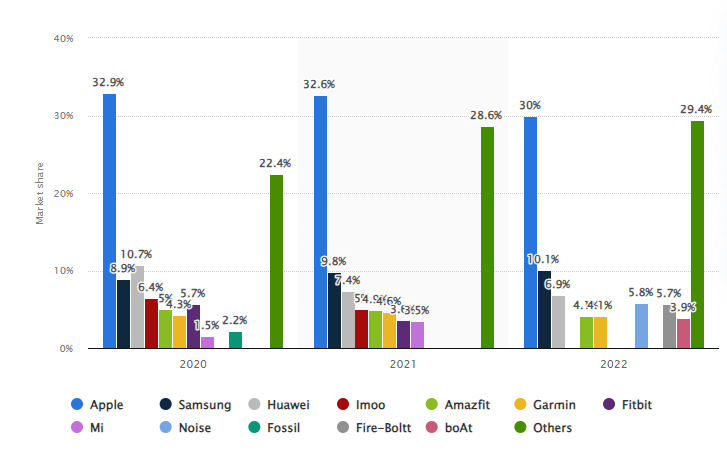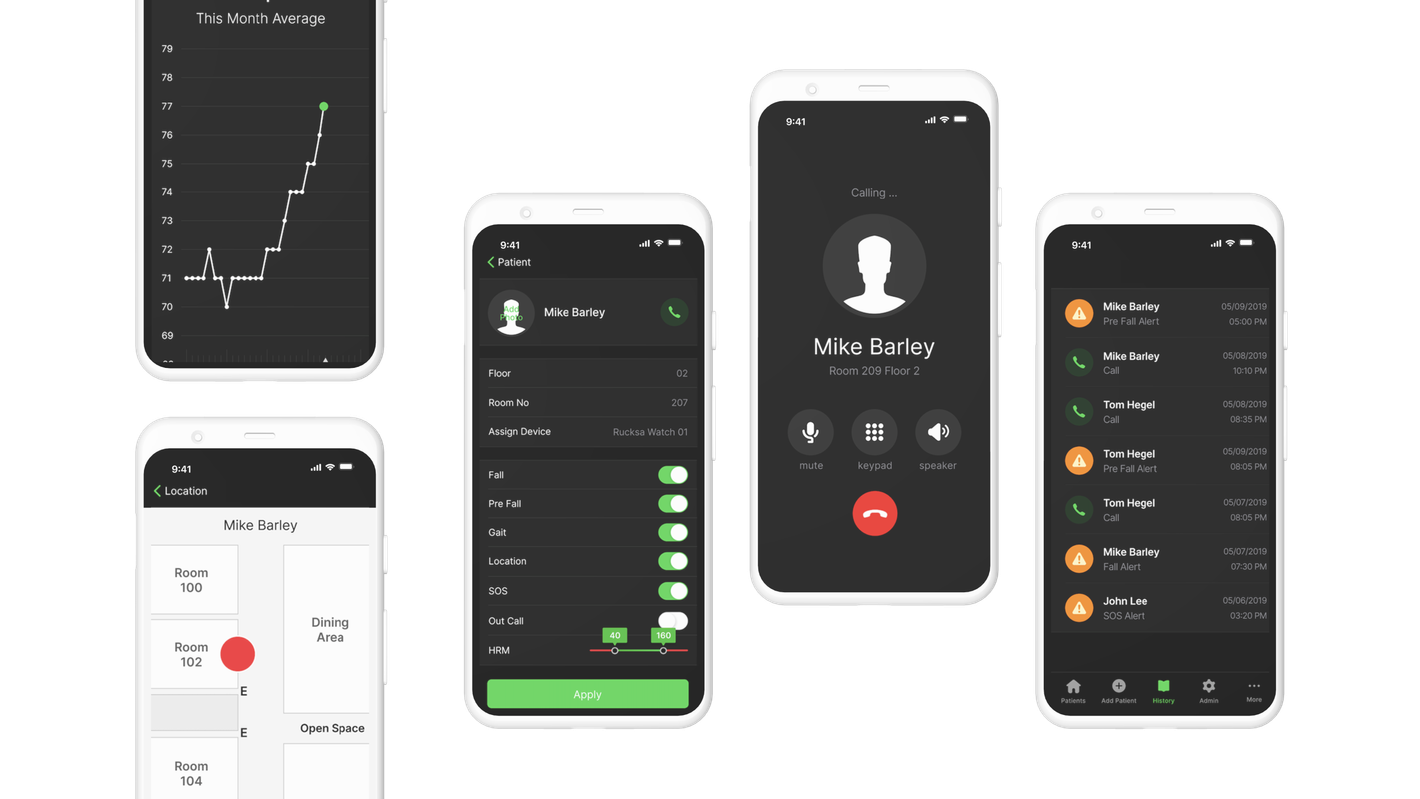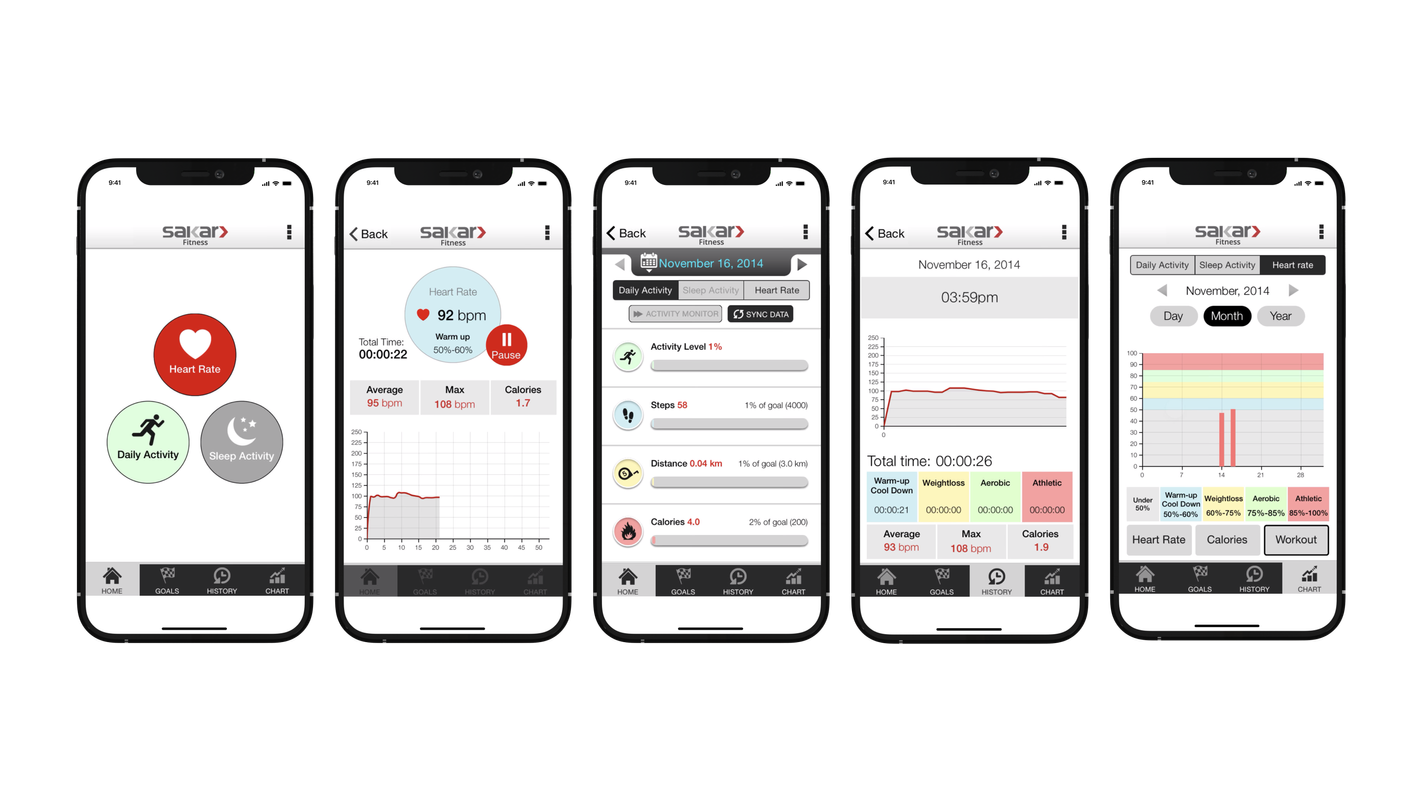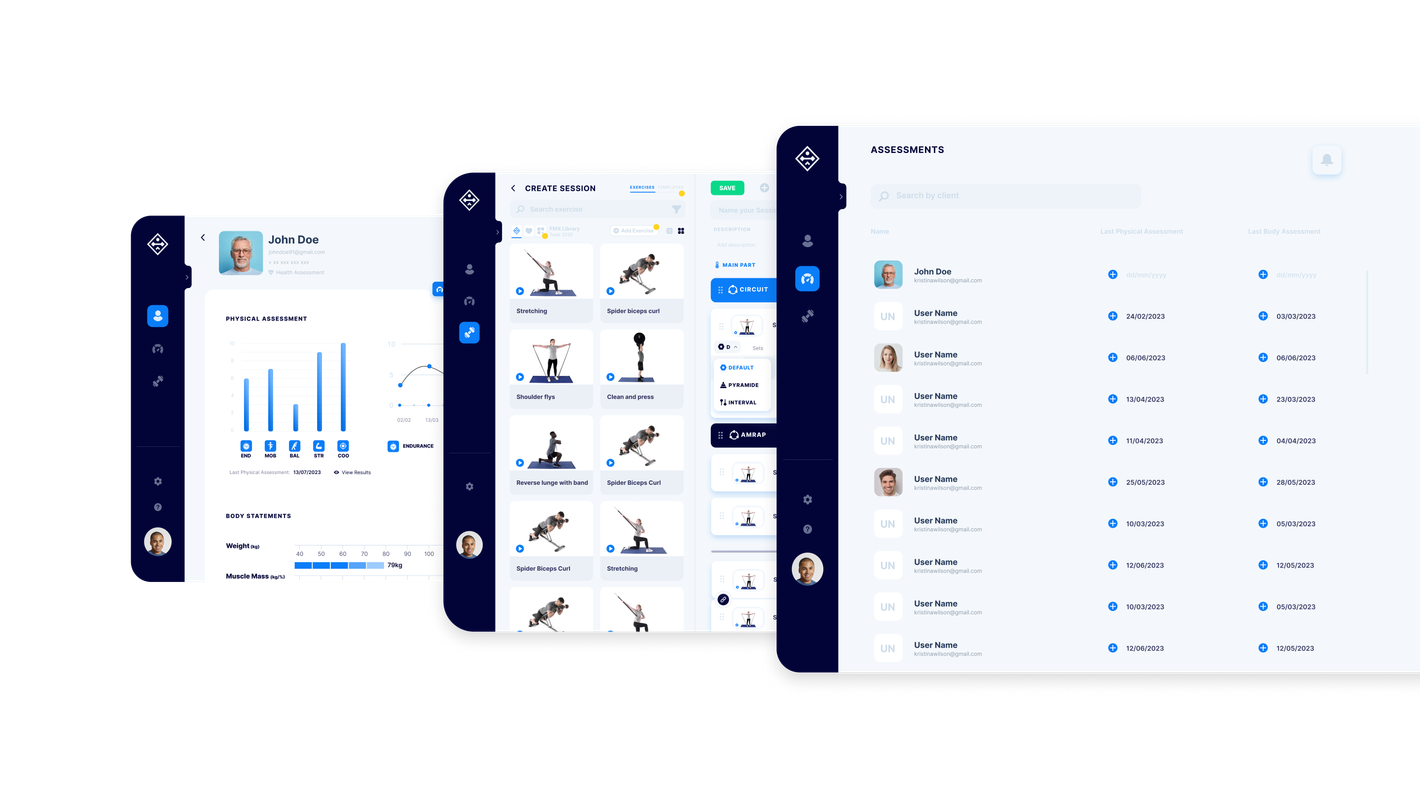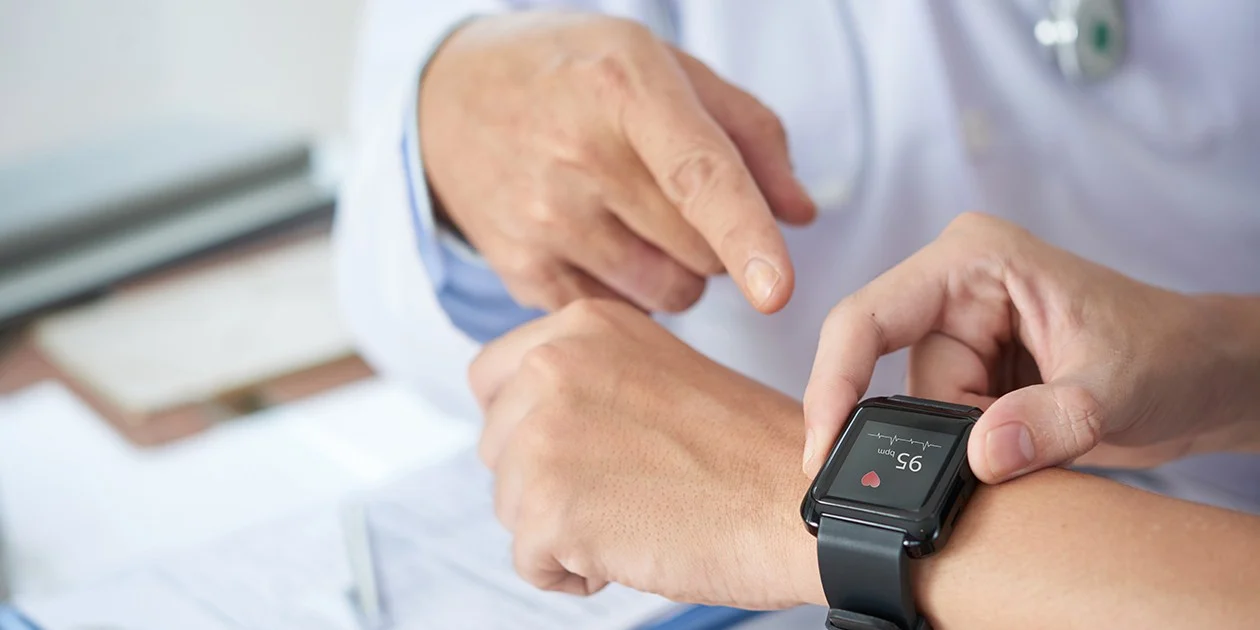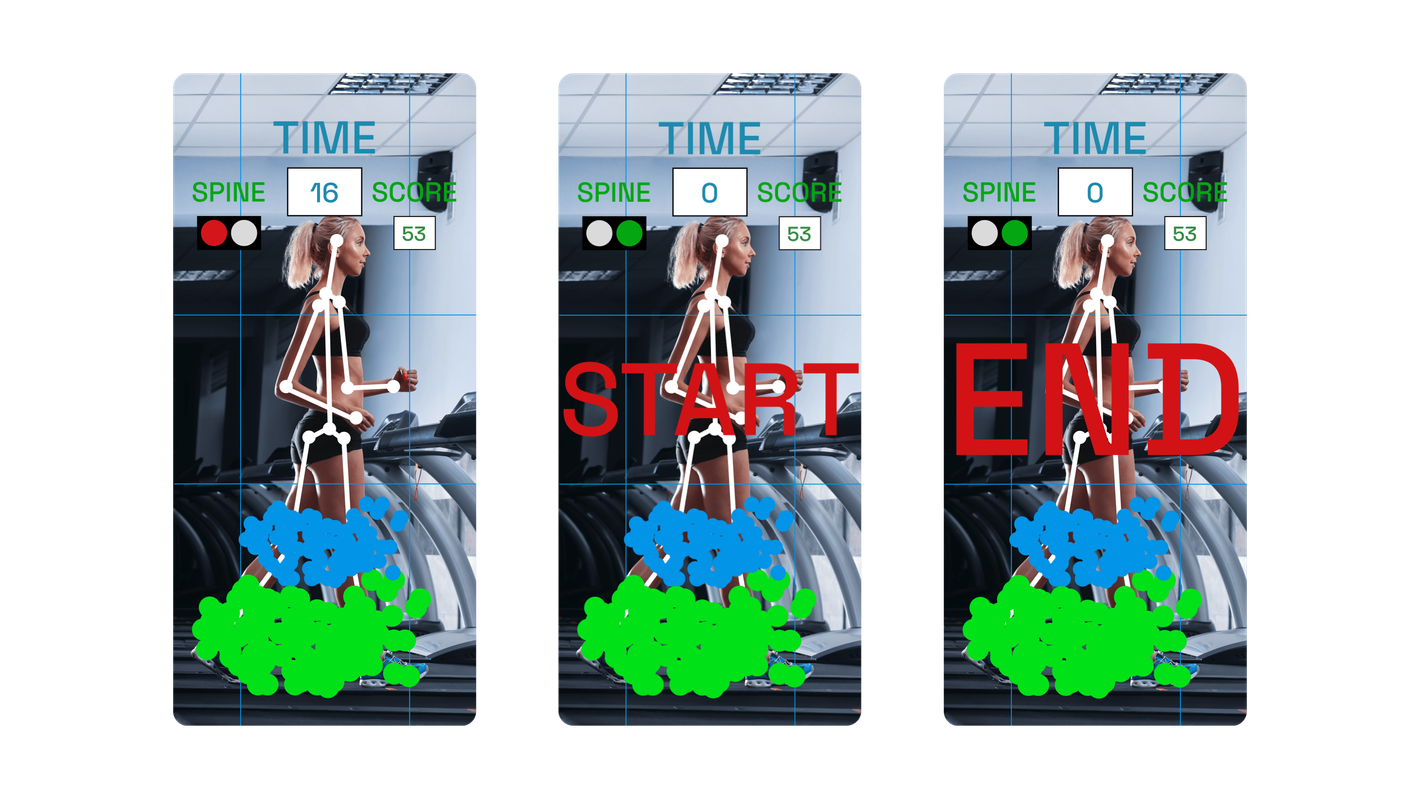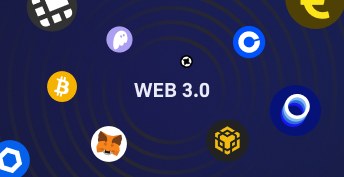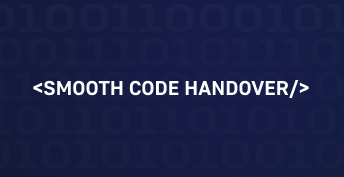Smart wearable tracking devices offer a wide range of capabilities, from tracking physical activity and sleep to monitoring heart rate and stress levels. Such trackers typically include sensors to measure steps or distance walked, calories burned, duration and intensity of physical activity performed, and more. Some advanced tools allow measuring blood oxygen level, arterial pressure, as well as detecting crashes or falls.
Here are some ways wearable tracking devices can contribute to better health and activity levels:
- Physical Activity Monitoring: Wearable devices track the number of steps, distance traveled, and can motivate individuals to lead a more active lifestyle.
- Health Tracking: They monitor heart rate, sleep quality, and other health metrics, helping people keep track of their overall physical well-being.
- Increased Awareness: Wearable trackers help users become more aware of their daily habits, such as activity levels and sleep quality.
- Motivation and Goal Achievement: Many devices feature goal-setting functions and can send notifications to motivate users to achieve them.
- Promotion of Healthy Lifestyles: Wearable devices promote health awareness and inspire individuals to adopt healthier habits.
- Compatibility with Mobile Apps: Most wearable devices sync with mobile apps, allowing users to analyze data and gain additional insights into their health and physical activity.
- Enhanced Sports Performance: In sports, wearable devices can help athletes analyze their training, improve technique, and enhance performance
Thanks to advancements in technology and artificial intelligence, some trackers can offer personalized recommendations and tips to improve health based on the data collected. This makes wearable devices not only a tracking tool but also a useful feature for self-improvement and disease prevention.
How fitness and healthcare apps can influence motivation
Physical activity tracking apps play an important role in accompanying fitness devices or as standalone tools to record and analyze user activity.
Here are some of the main reasons why they are useful:
- Centralized data storage: Apps allow users to store all of their physical activity data in one place. This is handy for tracking progress over time and keeping a diary of their activity.
- Data analysis and statistics: Apps provide detailed statistics and analytics about users’ physical activity. They can show step count, distance, workout time, calories, heart rate and more. This helps users better understand their workouts and progress.
- Goal Setting and Tracking: Apps allow setting physical activity goals and tracking achievements. This can range from daily step count goals to long-term fitness or weight loss goals.
- Motivation and support: Some apps offer motivational features such as achievements, badges, challenges with friends and rewards for reaching goals. This helps keep users motivated and encourage them to engage in regular physical activity.
- Personalized recommendations: Some apps use physical activity data to offer personalized recommendations on workouts, nutrition, and overall lifestyle. This helps users optimize their workouts and achieve better results.
Overall, physical activity tracking apps improve the experience of using fitness devices by helping users better understand their activity, motivating them to achieve goals, and providing personalized recommendations.
A bit of statistics: how the number of tracker users is increasing every year
The global fitness tracker market size was valued at $47.36 billion in 2022 & is projected to grow to $182.90 billion by 2030
According to a study conducted on medical trends, in 2023, nearly one in three adults in the U.S. use a fitness bracelet or smart watch that can track their body condition. A sample of more than 9,000 people with a median age of 49 was sampled.
The coronavirus pandemic has had a particular impact on the market development, which has significantly spurred user interest in various devices that can show the state of health and activity of the day.
Of the respondents surveyed in 2022, according to research from ValuePenguin, 9 out of 10 fitness tracker users use them not only to monitor their physical condition, but also to achieve fitness goals (e.g., nursing a daily goal of 8,000 steps)
The most popular segment of fitness tracker use is running. Over 40% of respondents use tracking their physical condition either on treadmills at home or in fitness centers.
Due to the growing convergence of the idea of healthier lifestyles and the increase in features offered by such devices, the fitness device market is expected to grow to $183 billion by 2030, of which over a third will be devices from little-known, low-price brands and another third from Apple. As more and more smart device ideas are found in the implementation of smart watches, glasses and even smart clothes.
IT-Dimension’s expertise in apps development for wearable devices
Throughout our time in the software development market, we’ve had the opportunity to collaborate with various clients involved in health care or sports-related fields. We always eagerly engage in such work because the outcome of such projects results in the improvement of the physical well-being and health of our end users, whether they are sports enthusiasts, children, or clinic patients.
The products we develop include applications for tracking physical activity and direct interaction with wearable devices. We employ various tracking features, Bluetooth techs and other custom approaches to achieve wireless real-time sync of users tracking data, seamless activity monitoring, and more.
Tracking app for hospitals – detailed monitoring of patients at hospitals with custom wearable devices and the developed mobile app
- Location tracking with the plan of the hospital building
- Notifications when a patient leaves a certain room
- Tracking various indicators like movement, heartbeat, pressure, patients’ fall
- SIP telephony
Sakar Fitness – syncing with Sakar Fitness products, the app allows to track the level of users’ activity, heart rate, sleep, and more
- Wireless syncing via Bluetooth
- Data monitoring about taken steps, burned calories, activity level, etc.
- Learning about heart rate in detail with special graphs
- Goals system for motivation
- Activity history, charts
And a number of other Fitness and Healthcare solutions:
Find My Exercise – smart coaching app that allows tailoring training programs, evaluating activity levels, and assigning personalized workouts
- Various user roles
- Physical assessment features
- Quick and easy search among 3000+ exercises
- Mobile devices adaption for using at gyms
VivoSense – Clinical Trials SaaS Management System
- Organizes the information and streamlines communication about clinical studies
- Optimizes trial management workflow
- Eliminates the need for secondary systems
- Centrilizes information
Running app – interactive solution for tracking of body position while running on a treadmill
- Tracking the body position with the help of Kinect sensors
- Controlling the application with gestures without having to constantly approach a PC
- 3 main tracking sections (spine, time, and score)
Conclusion
Every year, the interest in leading a healthy lifestyle grows more and more. People, leveraging modern devices, monitor their nutrition, physical activity, and workouts. Fitness centers and trainers are digitizing their activities, increasingly utilizing specially designed software solutions for their daily tasks, workout plans, etc. Clinics are modernizing more and more, employing state-of-the-art technologies for real-time patient monitoring.
In this era of digital transformation, IT companies play an important role in facilitating these processes. We develop innovative software solutions tailored to the needs of healthcare businesses and those who care about their health. At IT-Dimension, we specialize in implementing high quality software for tracking devices, fitness apps, medtech, and more. With our expertise, our team empowers fitness centers, trainers, and healthcare providers to enhance their services, engage their clients effectively, and stay at the forefront of the health and wellness industry.
Sources:
https://jamanetwork.com/journals/jamanetworkopen/fullarticle/2805753
https://www.fortunebusinessinsights.com/fitness-tracker-market-103358
https://www.statista.com/statistics/1296818/smartwatch-market-share
https://www.precedenceresearch.com/fitness-tracker-market
